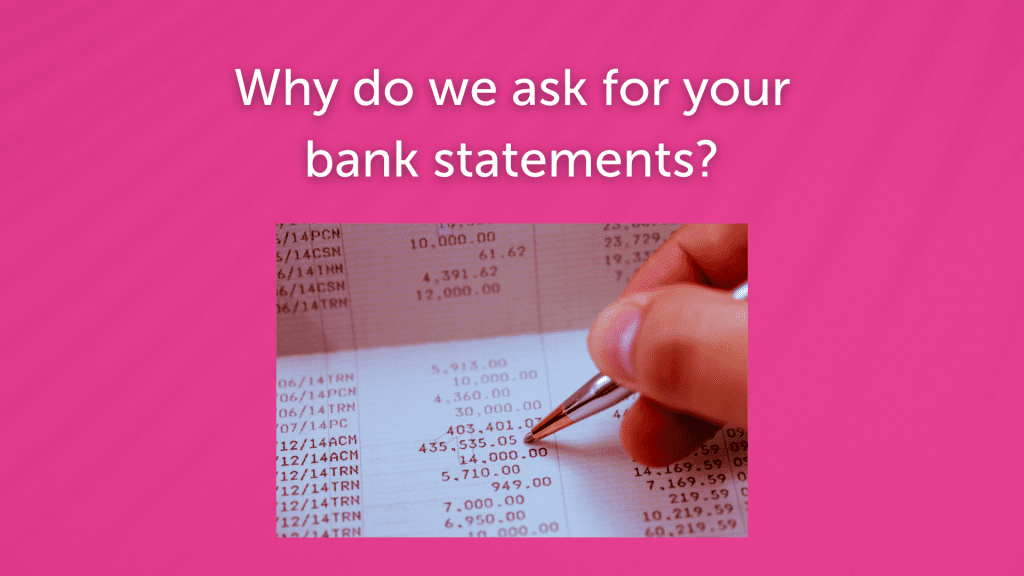
Depending on which service you are on, you will find that you receive requests from members of our team asking…

Depending on which service you are on, you will find that you receive requests from members of our team asking…

HMRC rules currently allow employers to spend up to £150 tax-free per employee per tax year, on events such as…
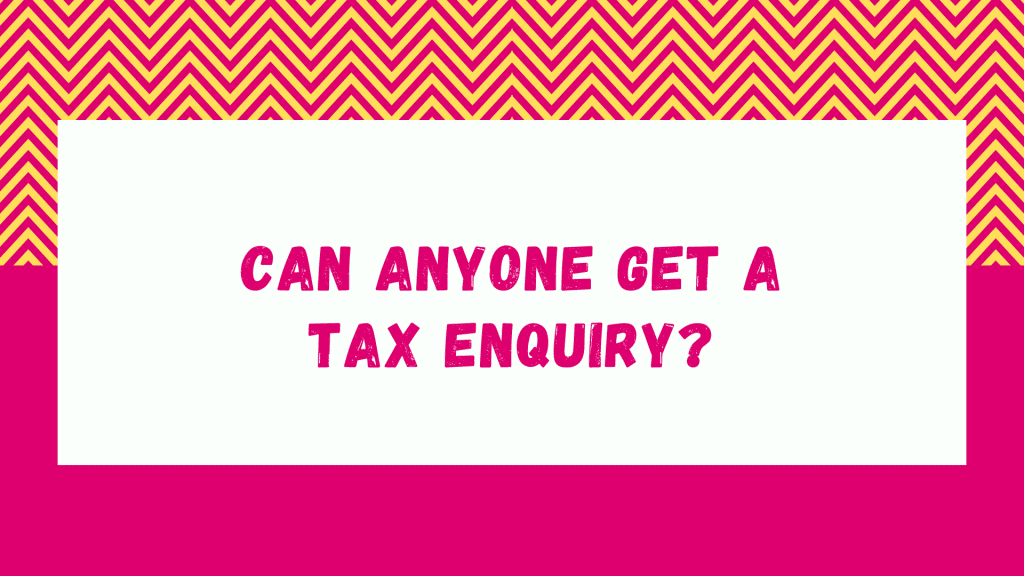
Each year HM Revenue & Customs (HMRC) undertake an enormous number of tax enquiries into individuals and businesses to check…
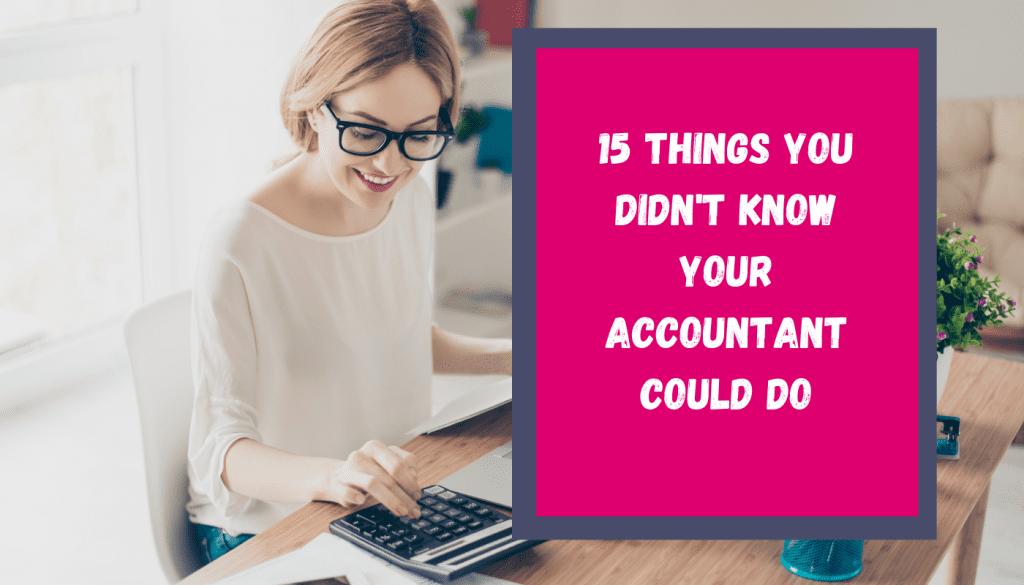
When asked “What does an accountant do?” many people answer with accounts, tax or compliance work. While that’s true, what…
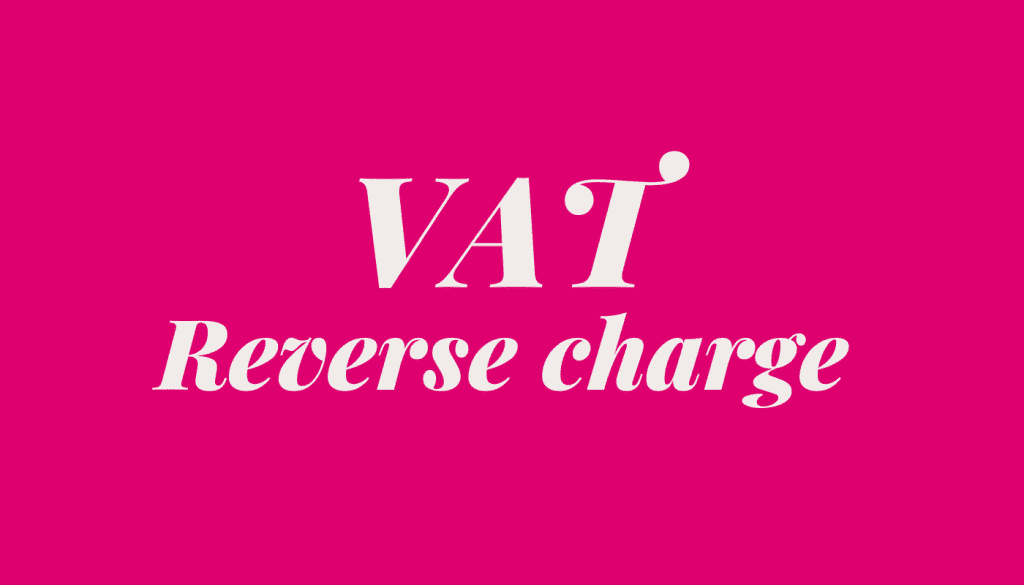
From the 1st March, the VAT reverse charge scheme now applies to construction. If you work in the construction industry…
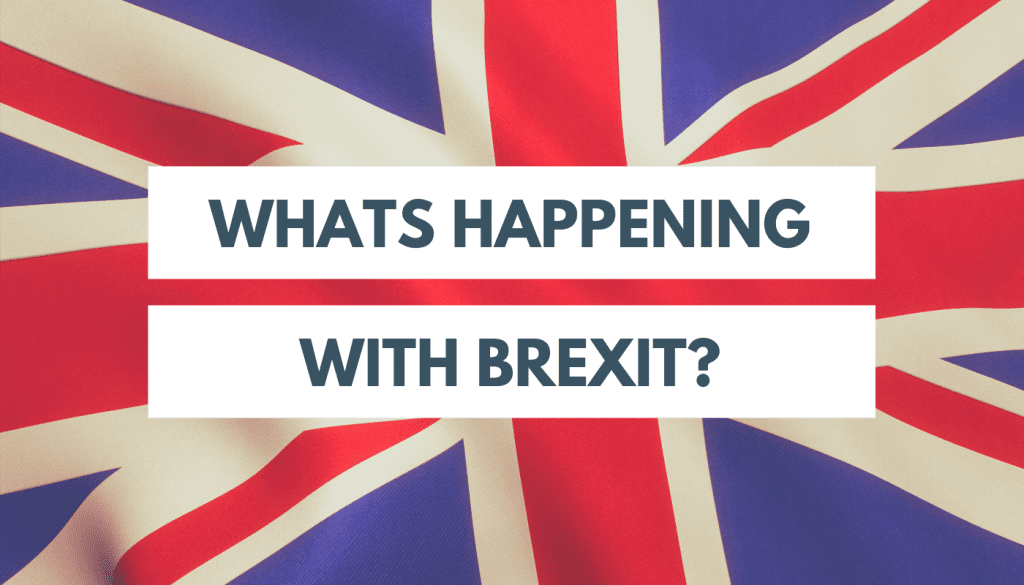
The UK Prime Minister, Boris Johnson, UK Chief negotiator David Frost and EU negotiator Michel Barnier continue to offer differing…
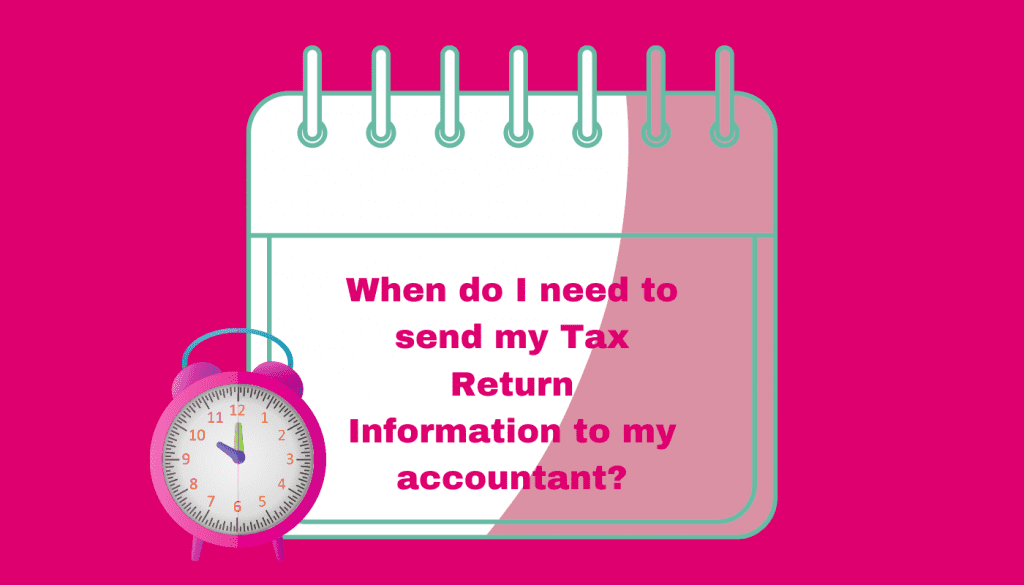
Your self-assessment tax return is the document that is needed to calculate how much tax you owe personally. This return…
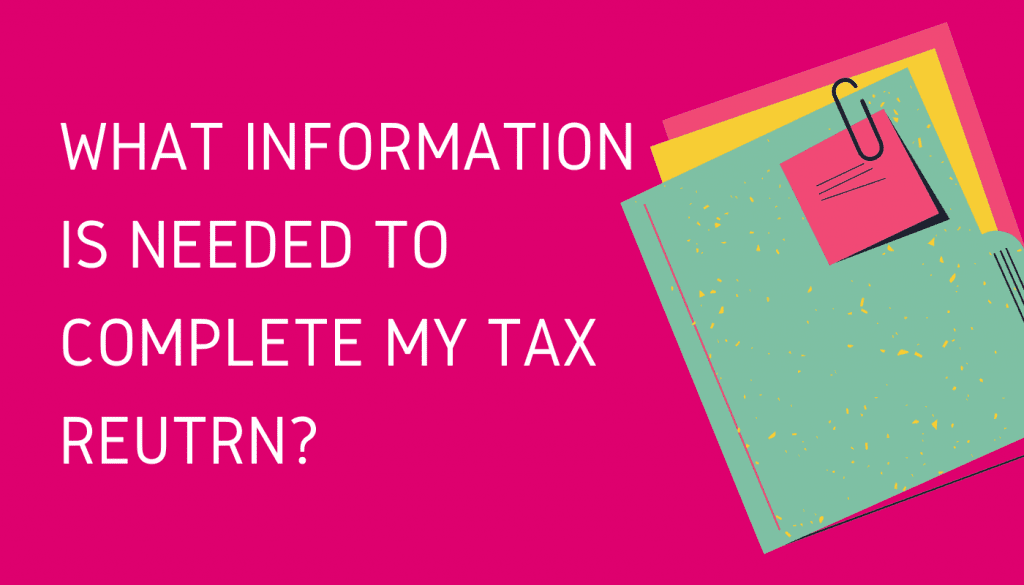
…… AND WHY! It’s that time again ….. tax returns! From the 6th of April, accountants start to request information…
Working from home relief = FREE CASH Due to the current pandemic, many businesses have been working from home this…

Ask HMRC to verify you had a new child which affected your eligibility for the self-employed income support scheme. If…